Optimal Timing for Trenching and Hole Digging
Timing for trenching and hole diggings depends on various environmental and project-specific factors. Optimal conditions typically involve dry weather, stable soil, and minimal risk of flooding or heavy rain, which can cause delays or safety concerns.
Spring and early summer often provide the most favorable conditions due to drier soil and moderate temperatures.
Avoid trenching during heavy rain or snow, as wet soil increases the risk of collapse and delays work.
Stable, dry soil enhances safety and efficiency, making periods of low moisture ideal for digging projects.
Planning around weather forecasts and soil moisture levels can help prevent project delays and reduce costs.
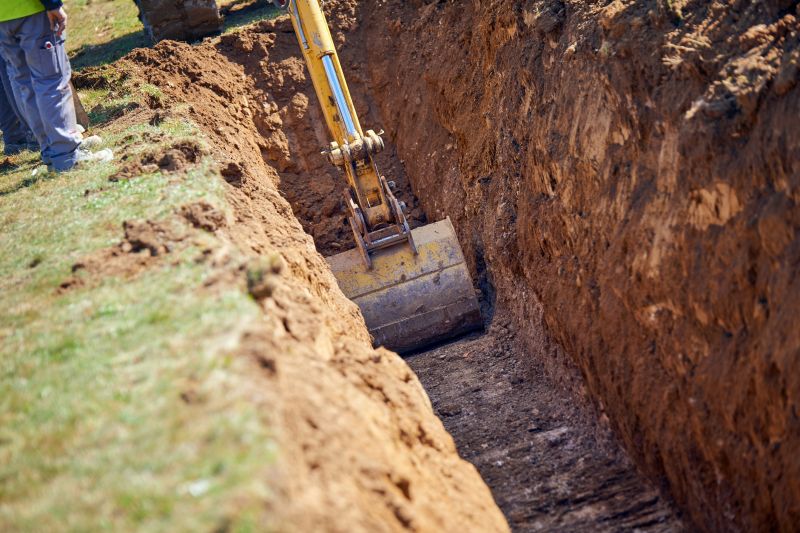
Ways to make Trenching And Hole Diggings work in tight or awkward layouts.
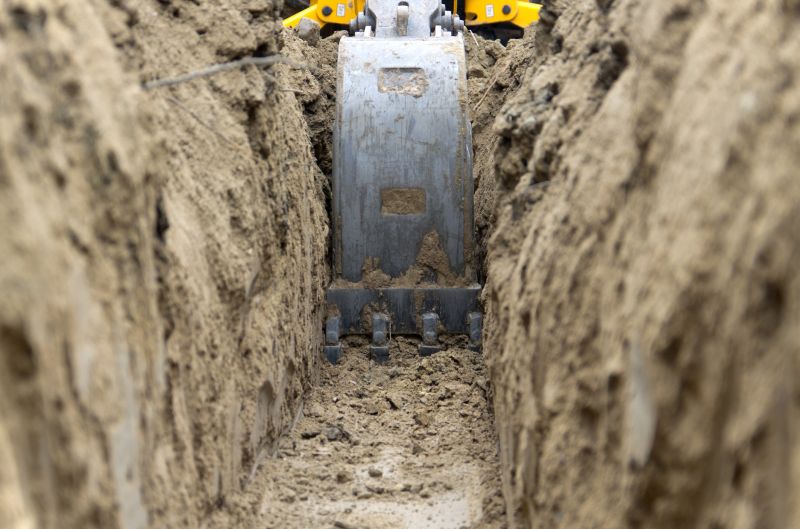
Popular materials for Trenching And Hole Diggings and why they hold up over time.
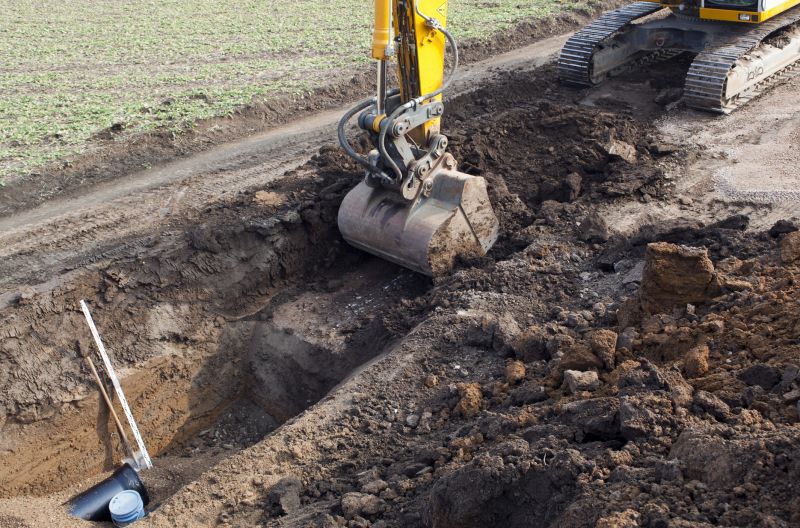
Simple add-ons that improve Trenching And Hole Diggings without blowing the budget.
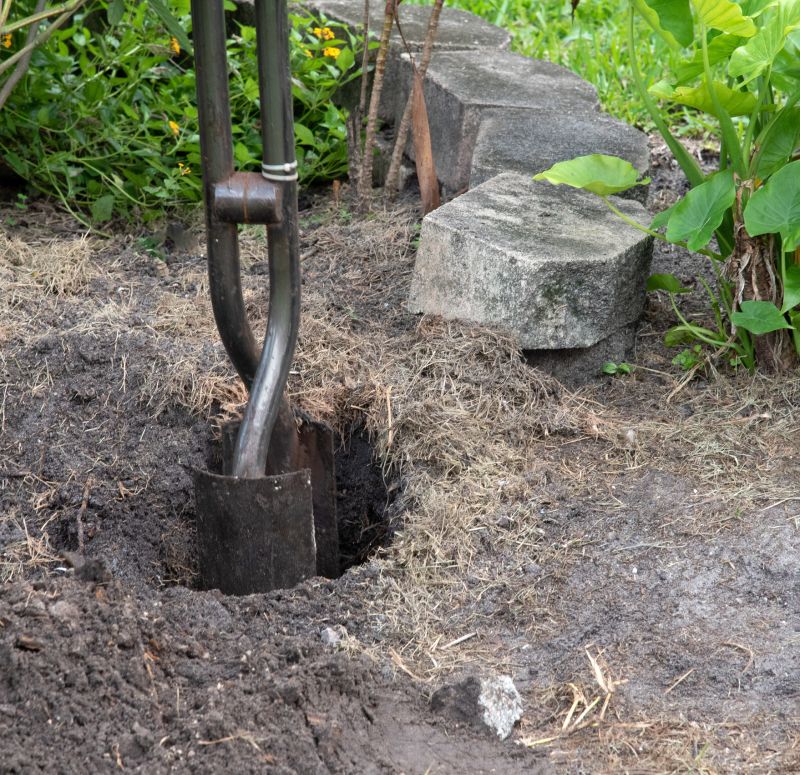
High-end options that actually feel worth it for Trenching And Hole Diggings.
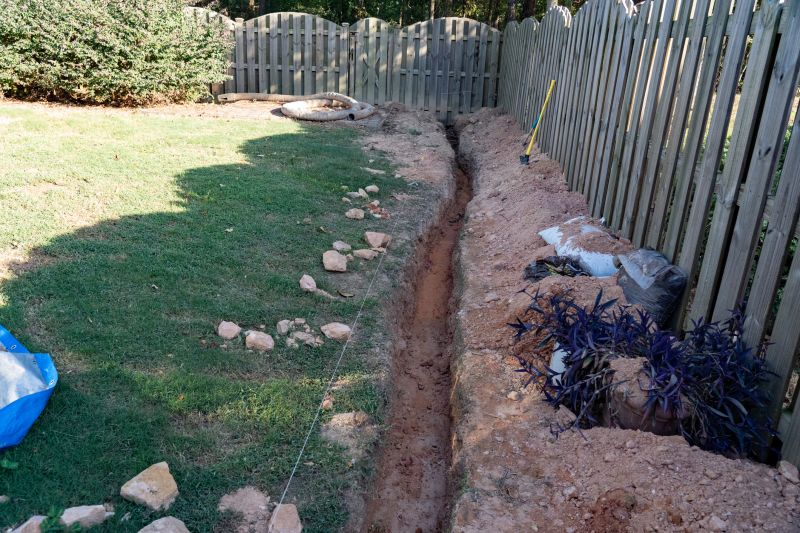
Finishes and colors that play nicely with Trenching And Hole Diggings.
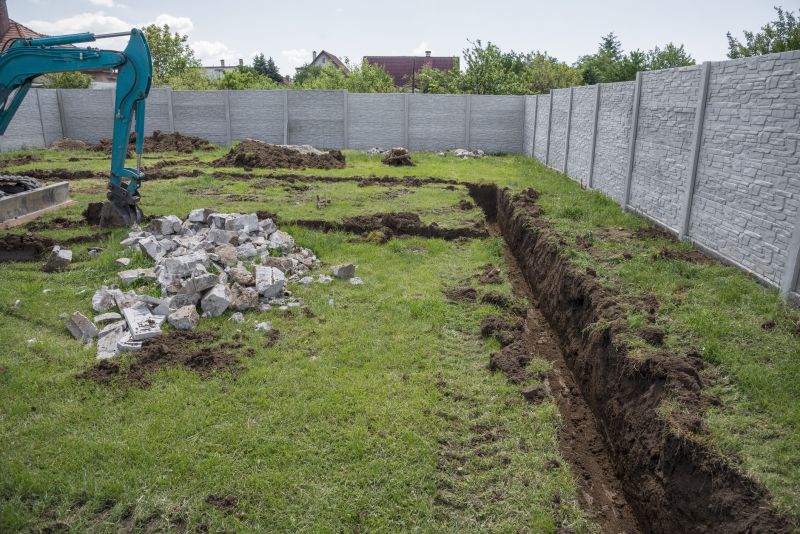
Little measurements that prevent headaches on Trenching And Hole Diggings day.
Trenching and hole diggings are essential activities in construction, utility installation, and landscaping projects. Proper timing ensures safety, efficiency, and cost-effectiveness. The process involves excavating narrow trenches or holes to lay pipes, cables, or foundations. Factors such as soil type, weather, and project deadlines influence the optimal window for these activities. Dry, stable soil conditions reduce the risk of collapse and make the work safer and faster. Additionally, avoiding periods of heavy rainfall prevents delays caused by muddy or flooded sites.
Statistics indicate that scheduling trenching during dry months can reduce project duration by up to 30%. Proper planning around seasonal weather patterns minimizes equipment downtime and enhances worker safety. Understanding local climate patterns and soil conditions is crucial for selecting the best time for trenching activities, ensuring a smoother project flow and adherence to timelines.
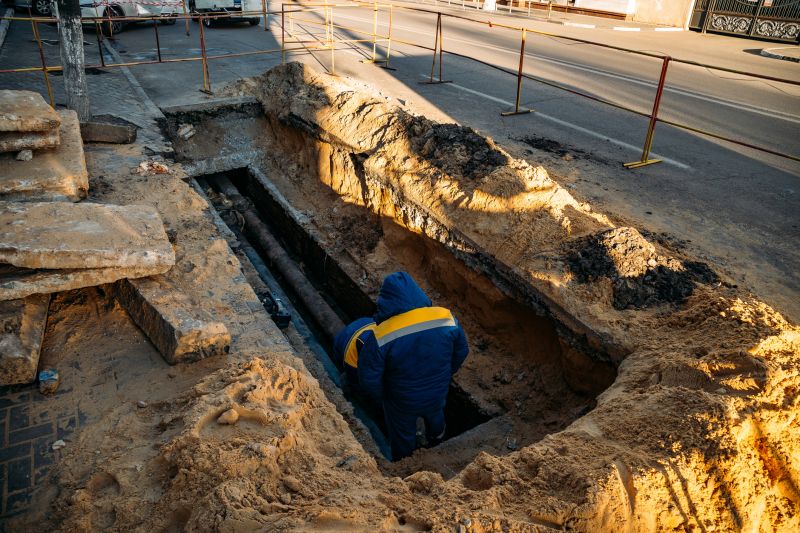
A 60-second routine that keeps Trenching And Hole Diggings looking new.
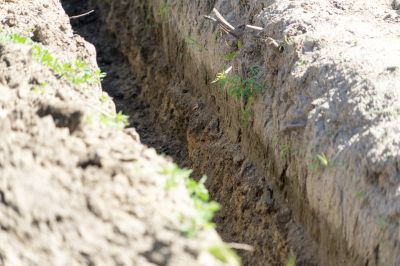
A frequent mistake in Trenching And Hole Diggings and how to dodge it.
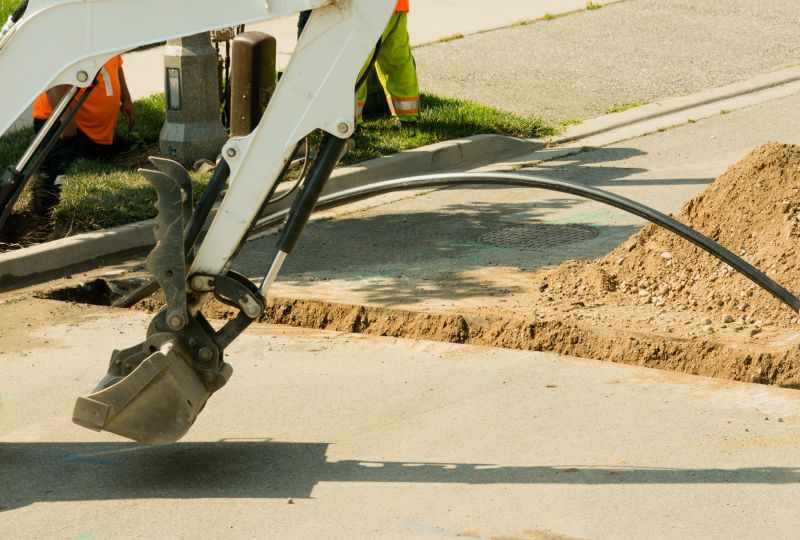
Small tweaks to make Trenching And Hole Diggings safer and easier to use.
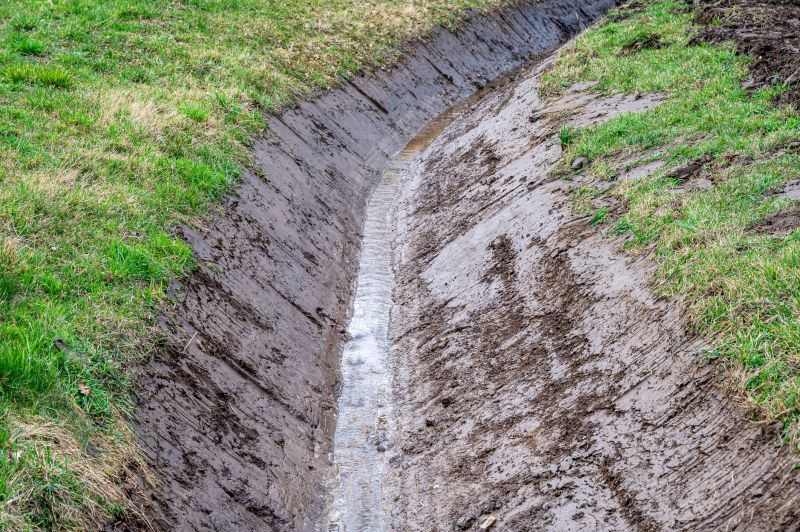
Lower-waste or water-saving choices for Trenching And Hole Diggings.
Interested parties are encouraged to contact for more information on scheduling trenching and hole diggings. Proper timing can significantly impact project success, safety, and costs. Consulting with experienced professionals can help determine the most suitable timeframe based on specific site conditions and project requirements.
